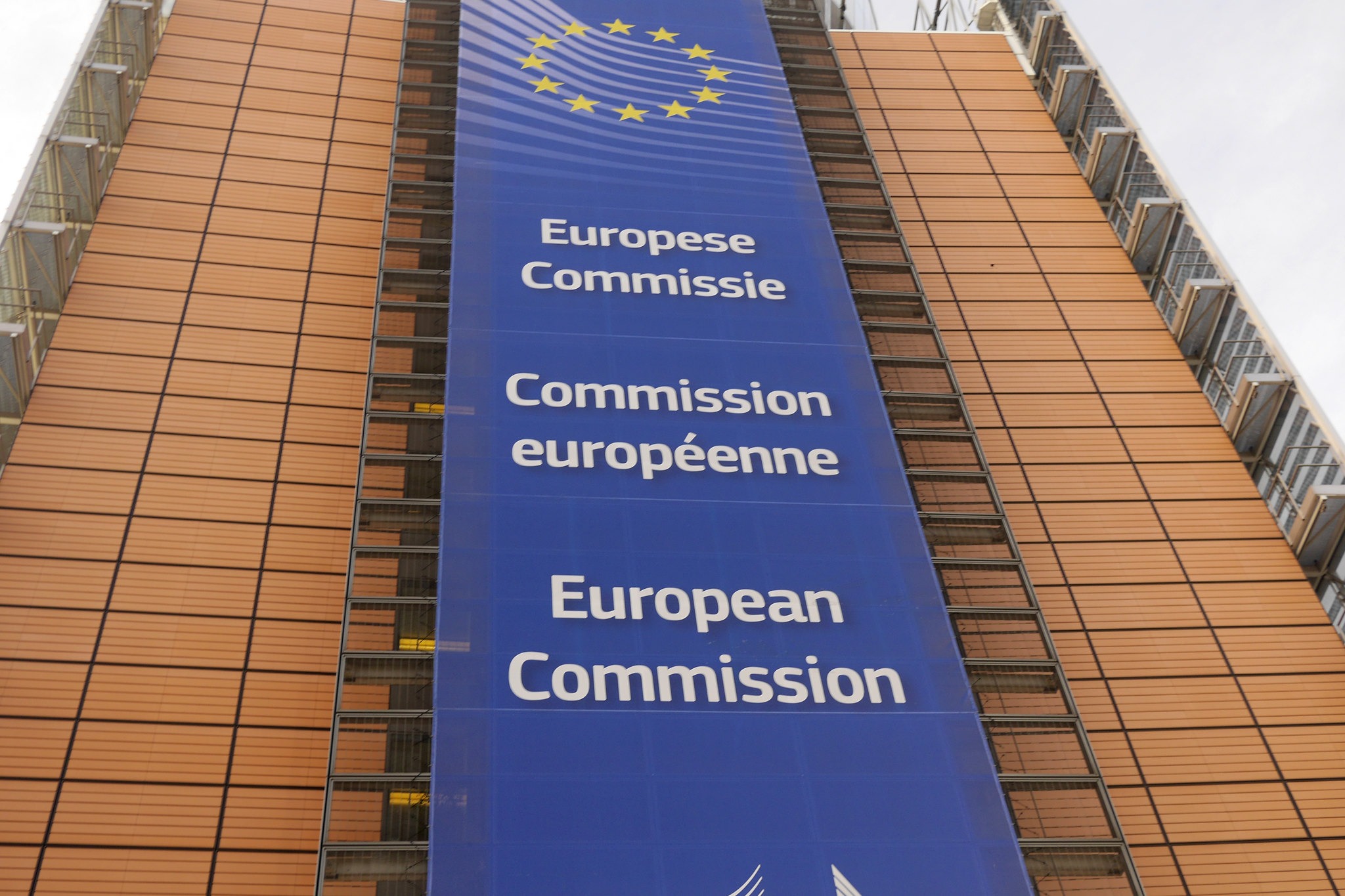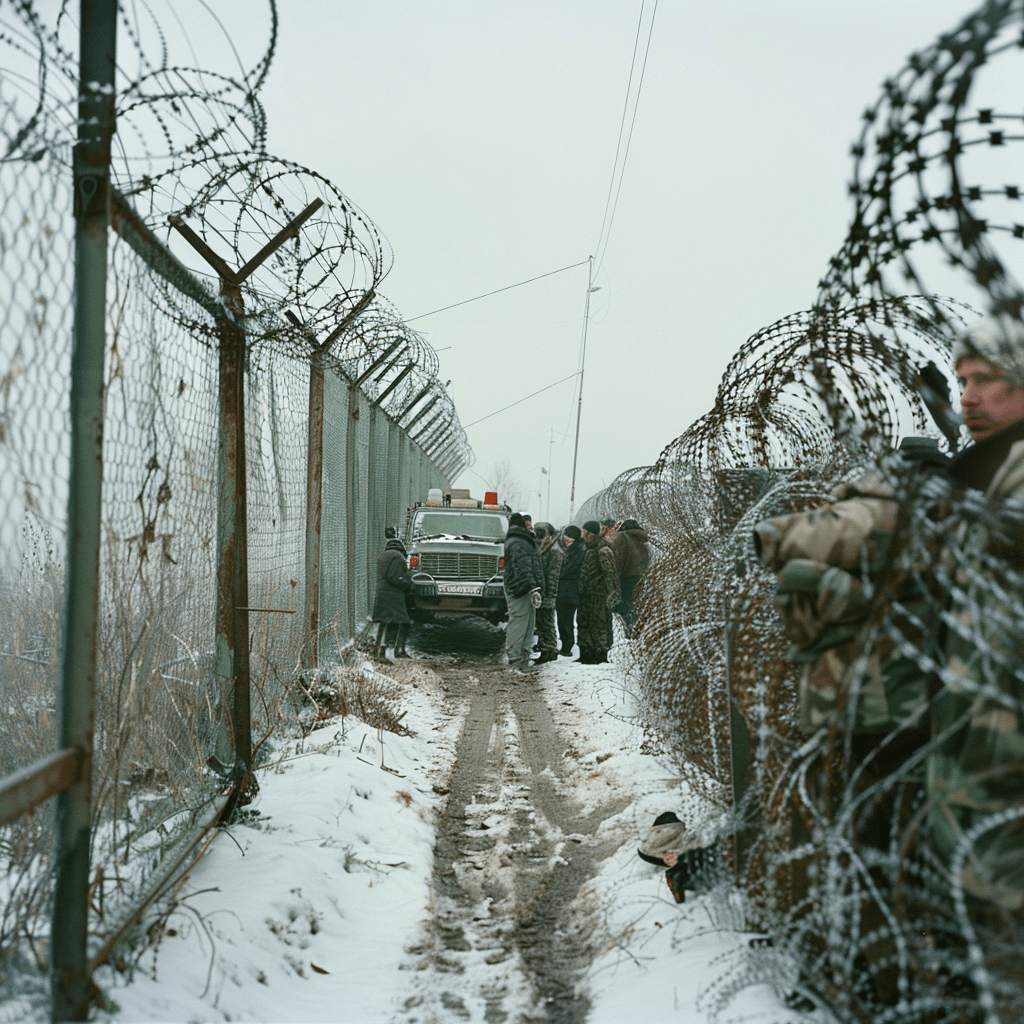Report
Estonia Weekly: Satirical “Olivier Salad Ban” Rumour Fuels Russophobia
Pro-Kremlin online voices in Estonia amplified both fabricated claims about cultural repression and criticism of long queues at the Narva border, framing these measures as evidence of “Russophobia.”
Weekly Reports
Latvia Weekly: Anti-EU Sentiment and Corruption Allegations
During the examined week the narratives mainly surrounded anti-European Union sentiments and allegations of corruption within the country.
Read moreEstonia Weekly: Fixing the Economy and New Tax Laws
In the reporting week, the majority of posts target new tax laws and what the new government would be doing to fix the Estonian economy after a 3 year low.
Read moreLithuania Weekly: Preparation for the upcoming elections
During this reporting period, Kremlin-aligned media in Lithuania widely discussed the freshly gathered coalition “Kelkis Lietuva”
Read moreLatvia Weekly: Reelection of Ursula von der Leyen
During the examined week, the narratives were not as focused on domestic issues as in prior weeks, as much attention was given to the European Union, mainly about the re-election of Ursula von der Leyen.
Read moreEstonia Weekly: RailBaltica and New Tax Laws
In the reporting week there was a general feeling of anti-government sentiments with posts targeting RailBaltica, new tax laws, and issues with politicians.
Read moreLithuania Weekly: President’s Reinauguration Party
During this reporting week, among the events that sparked the most heated discussions online was the evening reception after President Nausėda’s reinauguration.
Read moreLatvia Weekly: RailBaltica and Bombings in Ukraine
During the examined week the primary narratives surrounded domestic issues alleging incompetence and corruption of the current government in relation to RailBaltica.
Read moreEstonia Weekly: Border crossings to Russia and Economic woes
In the reporting week, there were many posts centred around general anti-government sentiments.
Read moreLithuania Weekly: Belarus sanctions and fringe party reshuffle
During this reporting week, different stories were trending among Kremlin-aligned media.
Read moreShowing 199 to 207 of 334 results
Don’t miss a story.
We publish stories that change laws, lives, minds and the world. Subscribe to our newsletter to get our investigations delivered to your inbox.








